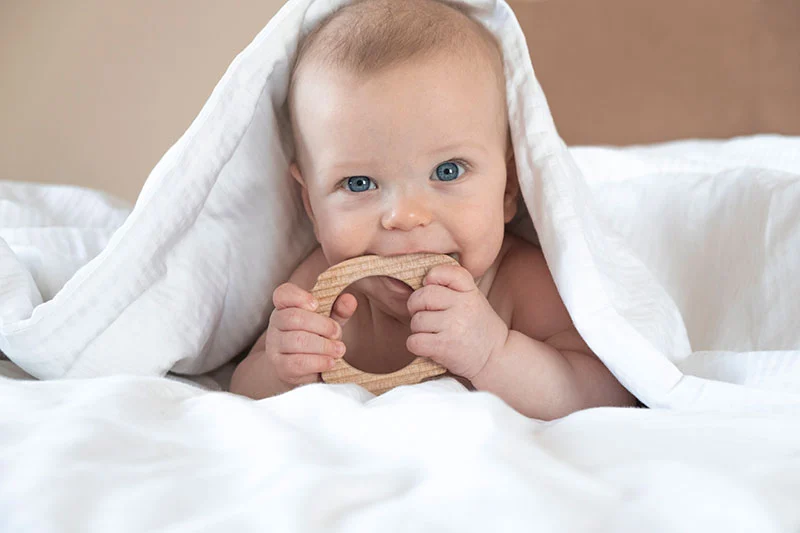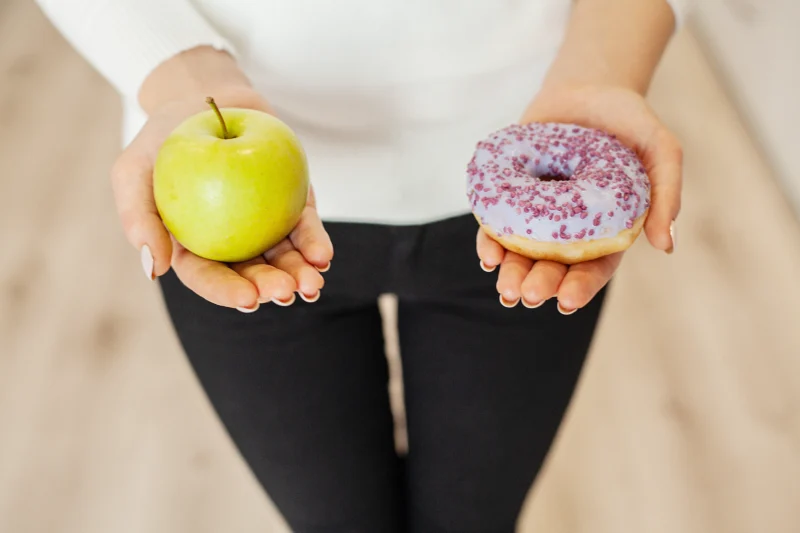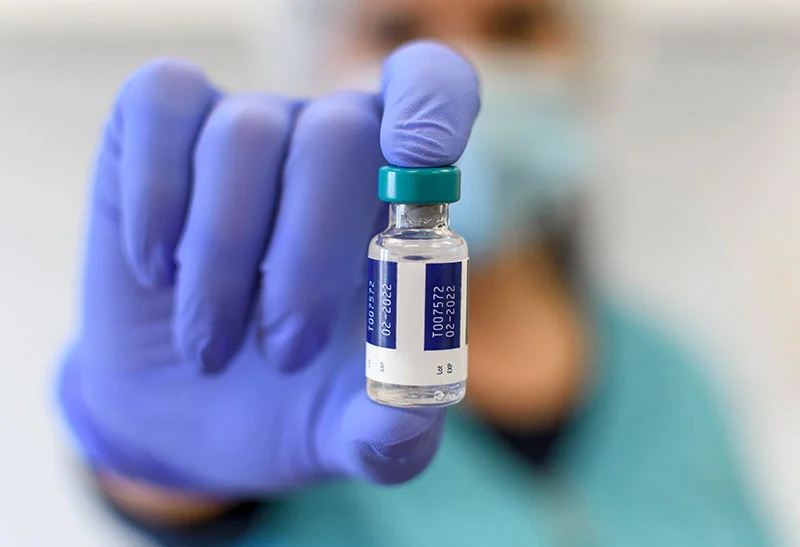
A good friend of mine recently brought in his 9-month-old child. The child started crying inconsolably, suddenly and for no reason. The crying started a few hours previously. The child’s mother tried everything she could think of to help him stop crying and nothing helped. They were sure he had an ear infection.
After a careful examination it was obvious there was no ear infection. His lungs sounded fine. His throat looked normal. He didn’t have a fever. However, he did have a small tooth emerging. I recommended that they take the child home and give him something cold to chew on. The parents ended up using a teething toy they put in the freezer for about 10 minutes. It wasn’t completely frozen, but cold. When I checked in with them a few hours later, they reported he was well and resting.
Teething can be intense. Some babies become incredibly irritable. There are a lot of ideas on what to do to help with teething. I’m surprised that you can still buy belladonna products for teething. Another name for belladonna is deadly nightshade. Deadly nightshade is not a misnomer. The American Academy of Pediatrics reports that belladonna in teething products may cause “seizures, difficulty breathing, lethargy, excessive sleepiness, muscle weakness, skin flushing, constipation, difficulty urinating or agitation.”
Lidocaine and Benzocaine are also commonly used for teething medications. These medications are sodium channel blockers. By blocking sodium, they stop nerve conduction, which is why a doctor injects lidocaine or benzocaine before giving you stitches. However, blocking sodium can also cause seizures and heart arrhythmia. The risk is inconsequential when injected into wounded tissue, but ingesting lidocaine/benzocaine can be risky.
Obviously, infants are more sensitive to medications, and they will swallow anything you put in their mouth. In fact, the Food and Drug Administration (FDA) has reported “severe brain injury and even death” from teething products containing lidocaine. When buying any teething products please verify that they are free from any of these substances. The FDA has also reported choking from teething bracelets and anklets. Please avoid giving your infant anything that could be swallowed.
For my children, I avoid medicine all together. Most organizations including the FDA and the American Academy of Pediatrics recommend a gentle massage or cold for teething. Cold works really well. Do not use frozen products as that can be too hard for sensitive gums. However, teething toys placed in the refrigerator are generally very soothing. Personally, I love to place chilled fruit or veggies into a feeding pacifier and let my teething child chomp down on the cold paste. I currently have a 6-month-old, and he loves it. It’s a fun way to introduce new flavors to him and helps him get through his first teething experience. In severe cases, you can consider giving Tylenol, although I have never done this for my children.
Be careful not to ignore some symptoms like a fever or rash. These are more likely to be from an illness and not from teething. If cold and massage don’t help a fussy teething baby, consider seeing a healthcare provider to make sure there isn’t another problem. Helping a child get through teething is hard, like most parenting. Also like most parenting problems, there isn’t a magic wand to fix it.
– Dr. Daniel Sterner, DO is a provider at Health West American Falls. He specializes in family medicine and obstetrical care and is accepting new patients.








